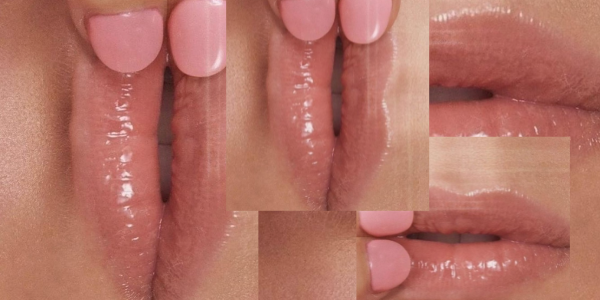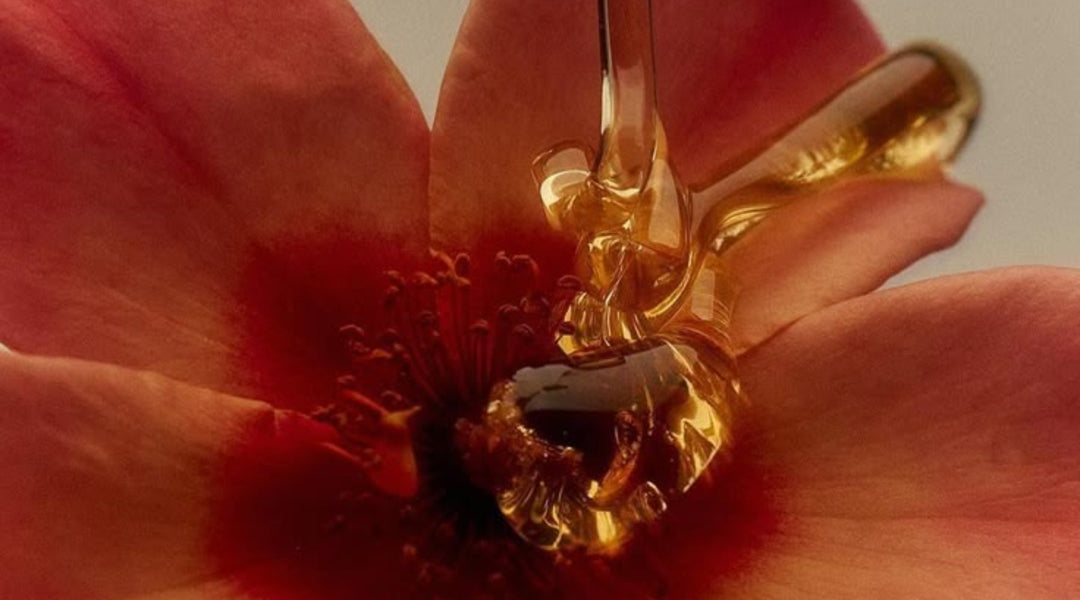5 women’s health taboos you didn’t realise you were amplifying

Ever noticed you’re subliminally fuelling taboos around female health? Nope, neither. That stuff comes naturally.
It’s usually an unconscious and reflexive act that we (read: a society) have been trained to do. For every time you’ve said you’re “fine” mid an excruciating UTI or pretended you’re full of energy in the lead up to a period, this article is here to analyse why certain ‘innate’ behaviours are doing us dirty.
Here are 5 stigmas we rarely even recognise we’re fuelling each day, and how to flip the narrative for a more empowered future of femme health.
Tampon concealing
We have ALL been there. Maybe not anymore, but certainly in the first job, late-teens era of life. Tampon/pad/liner concealing — when we head to the bathroom — is an active method of diminishing the act of bleeding monthly, turning it into something even more invisible and suggesting it’s something to be shameful of. Or maybe it’s the reshuffle of the shopping basket to move tampons to the very bottom? The thing is, we’re all bleeding. It’s no secret. Periods are a real deal, and mastering the ‘ol tampon-up-the-sleeve trick has no glory for women.
So why do we do this? Historic marketing tactics of ancient tampon brands that used keywords like “discrete” or “unclean” and the classic blue liquid to represent “blood” has made us all feel subconscious shame towards our periods.
Gone are the days of hiding away tampons. We implore you to take small (but mighty) steps to proudly advocate for period visibility. We’re not saying free-bleed through your white linens at work, but even the gesture of carrying a tampon (without any surreptitious behaviour) is a big win for the ladies. Challenge your coworkers in a productive way to do the same — it’s time.
Making yourself (or other women) feel guilty of hormonal changes
We all know how irking a lousy boyfriend in a rom-com saying “you’re so moody, is it that time of the month?” can be. But it’s something a lot of us pin on the changing emotions of our friends and other women in our lives. We also tend to beat ourselves up about an ‘off’ day or heightened emotions at work when we’re pre-period. It’s easy to be frustrated when you’ve felt subterranean-level low and later recognise it might’ve had a bit (a lot) to do with your impending bleeding. But we should reframe the ‘moody’ narative to actively acknowledge that PMS has a real, chemical, hormonal impact on our bodies — one that warrants changing skin, feelings, hunger, libido, etc.
Purchasing underwear for the male gaze
The ‘sexy undies’ status quo has got to go. Of course, we adore a pair of cute and flirty underwear, and are absolutely here for knickers that make you feel empowered, feminine and confident. But who are you really wearing them for, and at what cost of your wellbeing? If you know those synthetic fibre underwear — the ones with copious lace and no air ventilation to your bits — increase your risk of thrush or other bacterial infections, bin ‘em! That’s why we invented Vee, after all: to give women a bamboo, breathable and biodegradable alternative to hyper-sexy underthings.
Refusing to talk about periods in the workplace
It’s an indictment on us all that periods tend to cease to exist in the workplace. And especially male-dominated offices. For example, dubbing your period “aunt flow” or “that time of the month” or some other colloquial alias is a way of diminishing what we’re really dealing with. Or, you and your female colleagues might feel insanely reluctant to ask for sick leave, even if you’re grappling with severe period pain. This could be a heightened issue for someone living with Endometriosis. It’s time we acknowledge the debilitating impacts of intense period cramping, nausea and other PMS symptoms, by calling them out for what they are and using their correct terms. If you’re unwell, we urge you to speak up and call it out, be it to a female coworker, or a male boss. Same goes for endo pain, IVF appointments, a raging UTI in desperate need of instant antibiotics, etc. These are real, health-related, debilitating things that a LOT of women undergo in silence, or masquerade as a non-female issue, i.e. a migraine, or ‘coming down with something’.
Not talking about your reproductive health
Whether it’s with your girlfriends, mother or partner, having open conversations around your fertility worries and woes can be terrifying, we get it, this is your future. But NOT talking about it further feeds the stigmas and shame around infertility.
About 10 to 20 percent of known pregnancies end in miscarriage, so why is it something that is not more normalised? And that unspoken ‘golden rule’ of waiting 12 weeks until you tell your inner circle of loved ones you’re pregnant (“in case something goes wrong”) propels feelings of shame around miscarriage further, as if to suggest it’s something that should be delt with privatly. We don’t want any one woman to feel an ounce of shame around their reproductive experience and the first step is to start normalising each and every experience.
Here at Vee, our driving passion is to promote open, welcoming and proud conversations around women’s health and hygiene. Those hard-to-shake, age-old insecurities and stigmas we face everyday (that change and morph at every stage of life) are still here, but we hope they’re being torn down and dismantled each day via articles like this one, and communities like ours. Here’s to challenging the ingrained and trained femme health stigmas in our circles and in ourselves. We’re living in a time of reckoning, and the more airtime biases like tampon concealing and incorrectly-labelled ‘moodiness’ are given, the better.
References:
https://www.theatlantic.com/health/archive/2015/06/dont-let-them-see-your-tampons/394376/
https://friendswithfrank.com/blogs/fwf-journal/my-first-mothers-day-after-3-years-of-ivf




